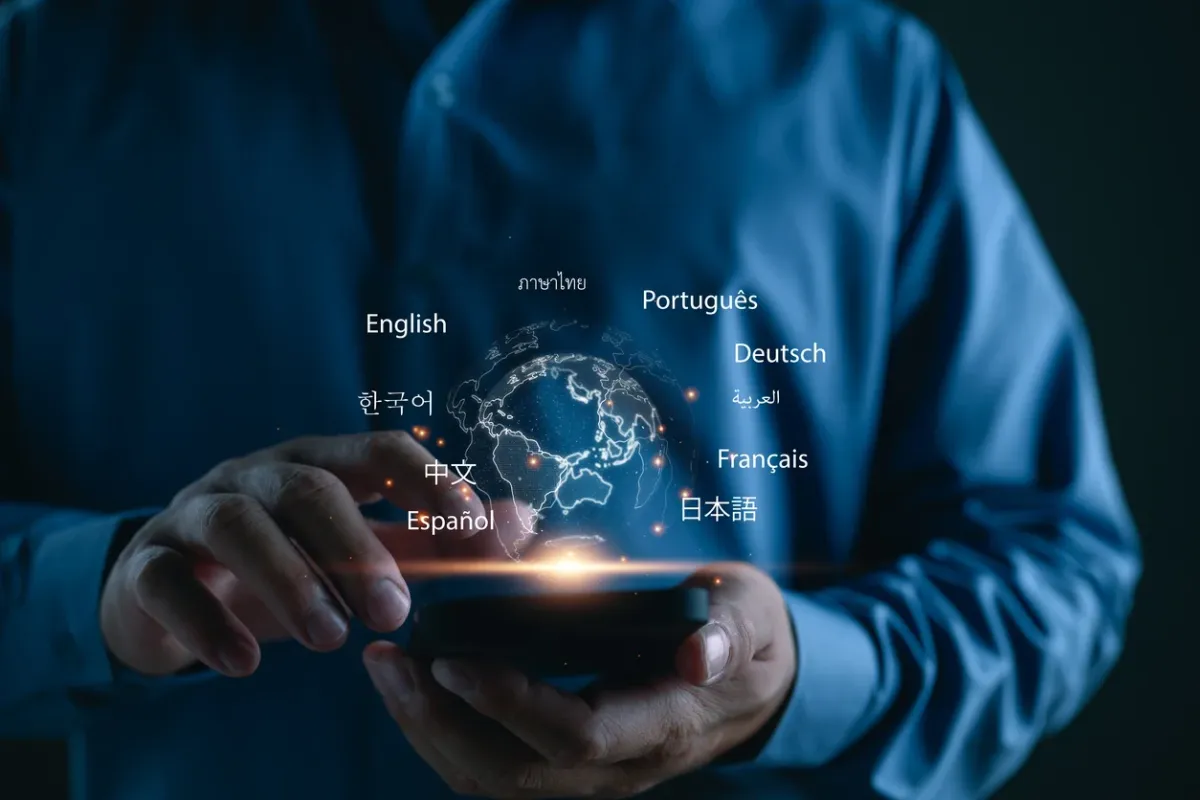
AI Translation and AI Trickery – A Narrowing Gap
As many of us do, some more frequently than others, I recently upgraded my cell phone. In my case, it was not about racing to get the latest thing to hit the market, but rather the integrated AI translation capabilities. After studying the reviews and the features, I felt it was more of a necessity.
Why a necessity? There is a bit of a language barrier in our house as my father-in-law lives with us and speaks very little English. Though I have picked up a few keywords and phrases since he moved in seven years ago, I am far from being able to speak the Korean language and my wife is not always there to translate.
Within minutes of getting my new device, I had setup up the translator app to translate my spoken English onto the screen as well as reading it aloud to him in Korean and, with a brief pause, he can reply in Korean, and it does the same for me in English. It also did not take me long to find the options to set the AI for audio calls so that we can have a conversation with each of us speaking our native language and the other hearing their native language.
Surprisingly, the delays are minimal and not overly noticeable, though my benchmark there may be the days of making overseas phone calls before VOIP was a standard. Though the AI translation is not always 100%, I attribute that to factors such as colloquialisms, delays in thought (such as trying to remember a specific word), and fluctuations is speech patterns. Even with those factors, the translation seems to be accurate enough for us to understand each other much better than before.
My research before the purchase was focused more on reliability and convenience, as many of us do with technology. Only after the fact did it occur to me that I should have taken some additional things into consideration. After all, with all these positives, what could be the downside?
As with many advances in technology though, it opens a door for unintended—and perhaps nefarious—use. Most of us are familiar with the stories of calls in which AI was used to simulate the voice of a friend or loved one in trouble or kidnapped, often with a ransom demand, even though there was no real danger. Since the voice I hear that has translated what my father-in-law says is one of a few default voices built into the device, it is possible that using this tech could potentially make it easier for scammers to run these types of exploits.
The same would be true if someone used a cloned SIM or spoofed the Caller ID as my phone would recognize it as his number and automatically begin the translation process. I realize I will now have to consider additional ways to verify whether he is the one speaking to me should I receive an emergency or urgent call from him.
While we all are more aware of deepfakes, which are becoming more and more realistic, do new breakthroughs in technology and convenience open doors for similar results and exploitation with less sophistication? This serves as yet another reminder that we must all remain vigilant as AI becomes more ingrained in our daily lives.